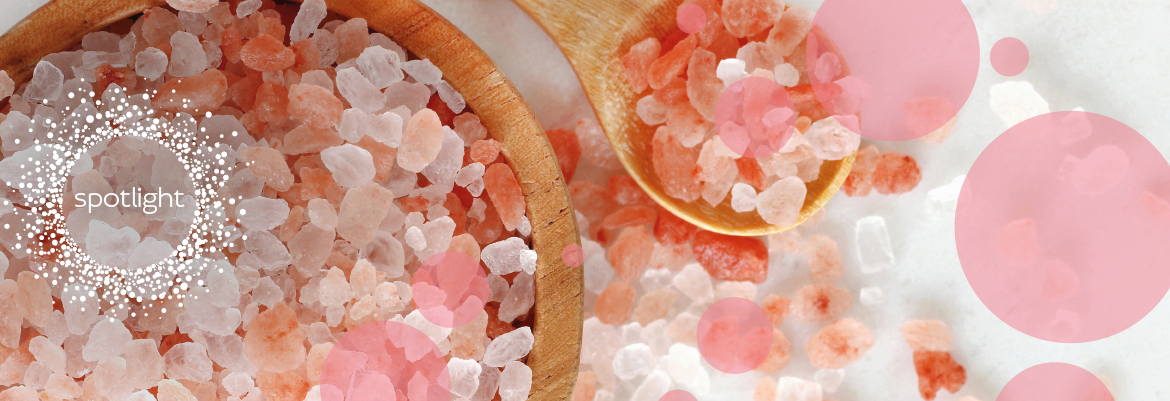a sprinkle of salt
Gemma Griffiths looks at what the Bible has to say about salt and what that means for us as healthcare professionals
You mustn’t eat microwave meals; they’re packed full of salt!’. ‘Did you know a bowl of cornflakes has the same amount of salt as a small packet of ready-salted crisps?’. We hear a lot of negative messaging around our salt consumption these days, don’t we? The NHS website tells you it can cause high blood pressure and increase the risk of heart attacks and strokes. It is also linked to bloating, increased thirst, and poor sleep quality. So what does it look like for us as Christian healthcare professionals when Jesus says: ‘You are the salt of the earth.’
(Matthew 5:13)
In Roman times, salt was considered such a precious commodity that soldiers were partly paid in it (the word salary comes from the Latin word for salt, sal). Throughout the Bible, the widely known properties of salt were used in different contexts to describe:
Destruction (Judges 9:45): Abimelech destroys the city of Shechem and scatters salt over it. Salt soil was known to prevent anything from growing. It made the land barren.
Sacrifice (Leviticus 2:13): The Lord instructs Moses to ensure the Israelites add salt to every offering as a means of purification, both physically and metaphorically.
Covenant (2 Chronicles 13:5): In ancient traditions, a bond of friendship was established by eating salt. ‘It was said that once you had eaten a man’s salt you were friends for life’. 1 So when King Abijah speaks of a ‘covenant of salt,’ he is describing God’s legally binding promise to give Israel to David and his sons.
In Matthew 5:13, Jesus uses the most well-known properties of salt; preservation and flavour enhancement, to describe how his followers (including us) should be in the world.
We know that salt has antiseptic properties and, in biblical times, was widely used to slow down the decay of food, thus preserving it for longer. In healthcare today, we preserve our patients by giving them an intravenous saline solution as a first line of resuscitation. Salt also brings out the flavour in food (although somebody needs to tell my grandparents it doesn’t need to be added to everything!). It makes bland food taste better and compliments other flavours (hello, salted caramel choccie!)
With those things in mind, let us think practically about how we can have salty conversations in our workplaces and universities. How can we spiritually resuscitate our patients and colleagues? How can we bring out the good in others by our words?
Perhaps we could sprinkle some salt when asking a patient about any support systems they have in place? For example, ‘Are you part of a faith community?’ If they want to discuss faith, this gives them the opportunity. If they don’t, you can inoffensively move the conversation on. It is important to ensure that we are sensitive about sharing our faith. In other words, we don’t want to be too salty by bombarding a patient with the gospel, causing offence, and breaking the patient-carer relationship. Equally, not being salty enough means we may miss opportunities to speak for Jesus.
CMF runs a Saline Solution course that helps you think about how to get it ‘just right’. If you haven’t been on one yet, I highly recommend it as a way to equip you to live and speak for Jesus in your workplace. See cmf.org.uk/saline for more information.
Gemma Griffiths is a Growth Assessment Protocol (GAP) Midwife in Northampton and CMF Nurses and Midwives Staffworker


